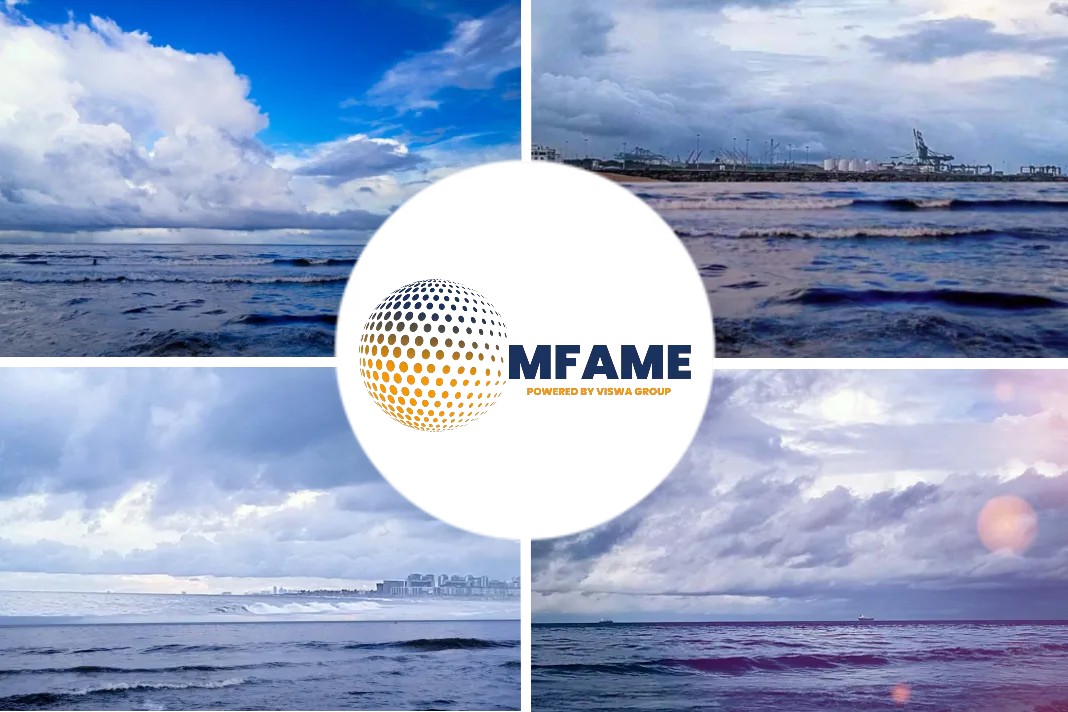- Norway’s Prime Minister discussed the challenges climate change poses to the transatlantic alliance in the Arctic during the “NATO Engages: Innovating the Alliance.”
- A greater maritime access in the region may only experience limited increase in transitory commercial shipping activity, in the form of ships sailing between Europe and the Pacific
- Increasing commercial activity will mean countries with responsibility in Arctic areas, such as through exclusive economic zones, will have to plan more for what is done doing and probably must regulate more what is being done in these areas.
Climate change challenges for the Arctic, reports Safety4sea.
Climatic challenges to Arctic
Norway’s Prime Minister, Erna Solberg, discussed the challenges climate change poses to the transatlantic alliance in the Arctic during the “NATO Engages: Innovating the Alliance” in London.
She remarked that NATO can facilitate the discussion on how important it is to stop climate change. She added it’s much less costly to prevent climate change than it will be to adapt to it.
In particular, the Prime Minister talked about the ice cap moving further north and sea routes opening.
Solberg projected the increased economic activity in those areas- especially in respect to fisheries and tourism. Notably, the amount of commercial traffic sailing these waters may multiply, due to ships going into and back out of the Arctic region – rather than transiting through and across.
Greater maritime access
Solberg added that greater maritime access in the region may only experience limited increase in transitory commercial shipping activity, in the form of ships sailing between Europe and the Pacific, partly due to financial payments when transiting Russian waters; such costs can include fees for insurance or escort by icebreaking ships.
The PM stressed that in the view of climate change, “We will not solve the issues without having the big emitters on board.”
She explained that “we need to have the big emitters on board and they need to have stronger national targets next year; They need to do that- and China is one of them; the US is one them which we would hope for getting back into the climate discussions again. But all the big emitters have to participate into that; because they are still opening new coal mines to fuel the energy needs of China.”
Risk prone regions
What is more, the PM indicated that the new risks in the area, are in fact safety issues, as “we do not really look upon the challenges in the Arctic at this stage as new security issues.”
“It is about making sure you can carry out search and rescue of people who are up there. Big cruise ships having problems in the Arctic area is going to be very challenging, so we have to think through all these things.”
Increasing commercial activity will mean countries with responsibility in Arctic areas, such as through exclusive economic zones, will have to plan more for what is done doing and probably must regulate more what is being done in these areas.
Did you subscribe to our daily newsletter?
It’s Free! Click here to Subscribe!
Source: Safety4sea

























